Collaborative Research
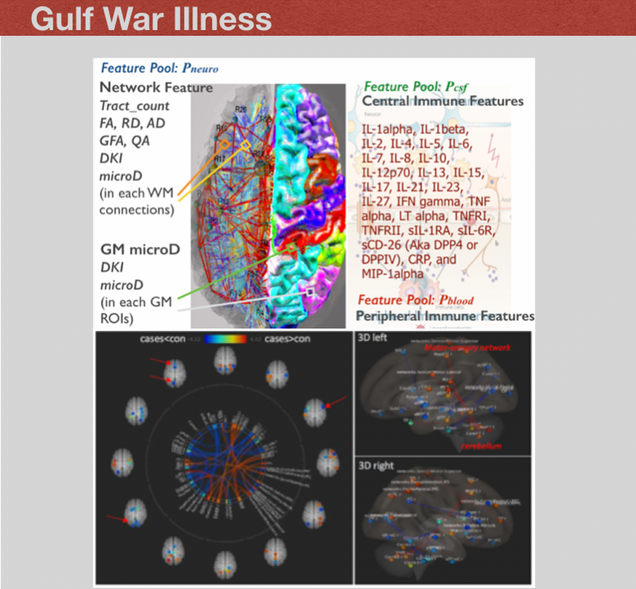
Symptoms of Gulf War Illness (GWI) typically include persistent headaches, widespread pain, fatigue, memory and concentration problems and other difficulties in this complex multi-system disorder. Converging evidence suggests that a clear understanding of brain-immune interactions can help us understand the origin of these symptoms. Biomarkers from different body systems affected in GWI including brain, immune and genetics may reflect different yet connected aspects of the disease. Incorporating joint distributional information across different biomarkers for decoding brain-immune interactions can provide a better understanding of GWI etiology over methods using a single marker or a simple concatenation of markers. The primary aim is to develop a novel supervised machine learning framework based on multi-modal biological measurements to establish a single subject level diagnostic inference marker of GWI.
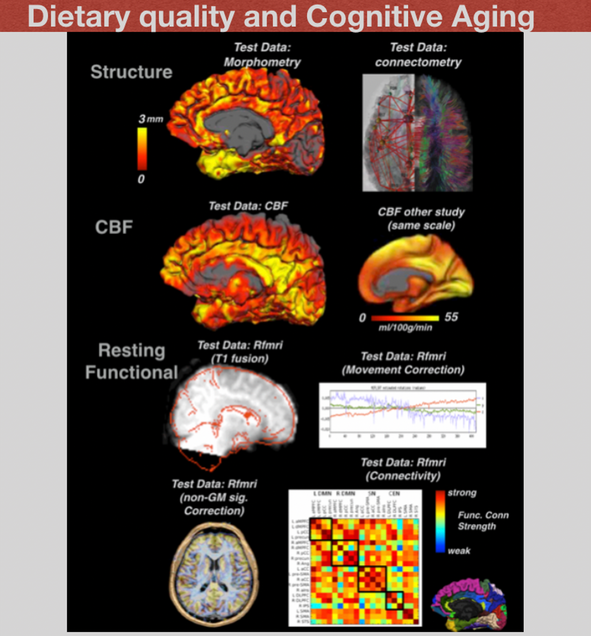
Consumption of highly processed foods contributes to cognitive decline with aging. There is evidence that highly processed foods contributes to high intake of bioavailable P through P-based food additives. While an essential mineral, excess P may elevate the risk of cardiovascular disease (CVD) and vascular risk factors predict cognitive decline. Goal is to study associations between indicators of P status (serum P, klotho, FGF23, and PTH), vitamin B6 intake, plasma PLP, cognitive decline and brain structure, brain infarcts, white matter integrity, and connectivity; and mediation by inflammation and insulin resistance.
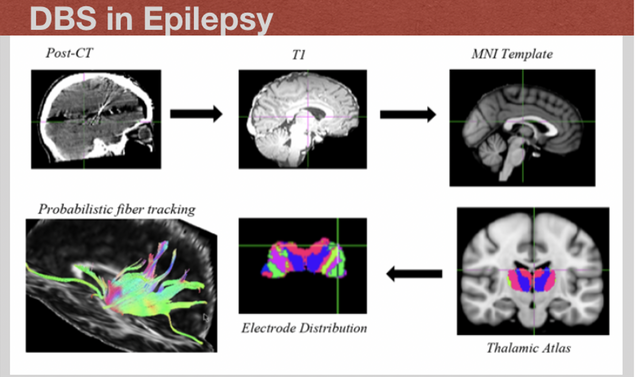
Deep brain stimulation (DBS) is a novel tool that has a potential to treat patients with medically refractory epilepsy who are not surgical candidates. We are applying a multimodal imaging framework to develop image-guided DBS planning for better treatment outcomes. We also have interests on studying potential impacts of severe and repetitive seizures on neurodegeneration.
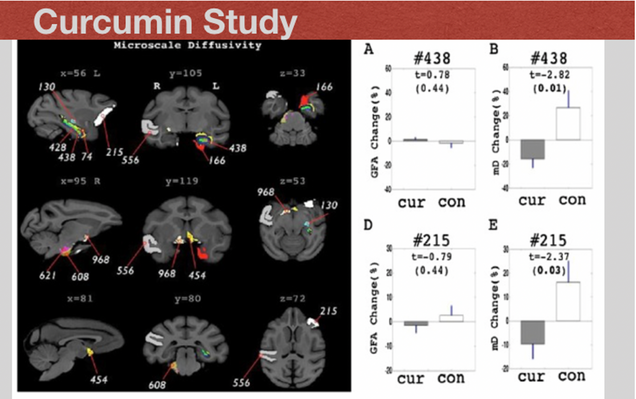
Curcumin treatments on non-human primates: Multimodal imaging based treatment-effect assessments.
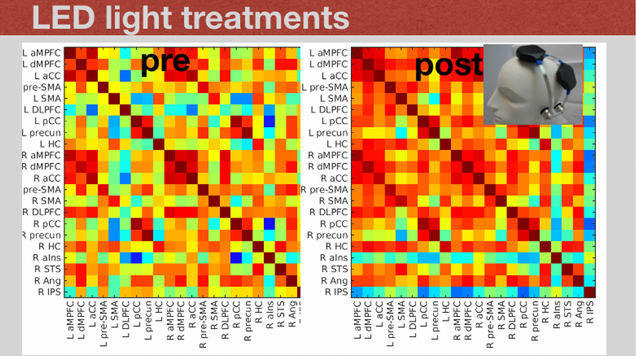
In-vivo monitoring of LED light treatments.
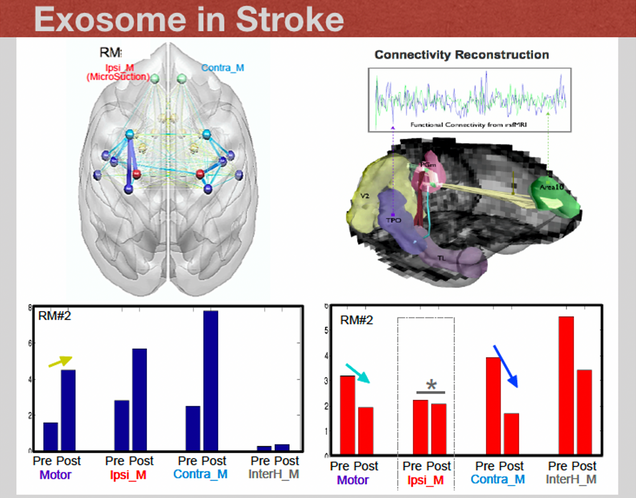
In-vivo assessments on exosome treatment on the recovery of fine motor functions in stroke.